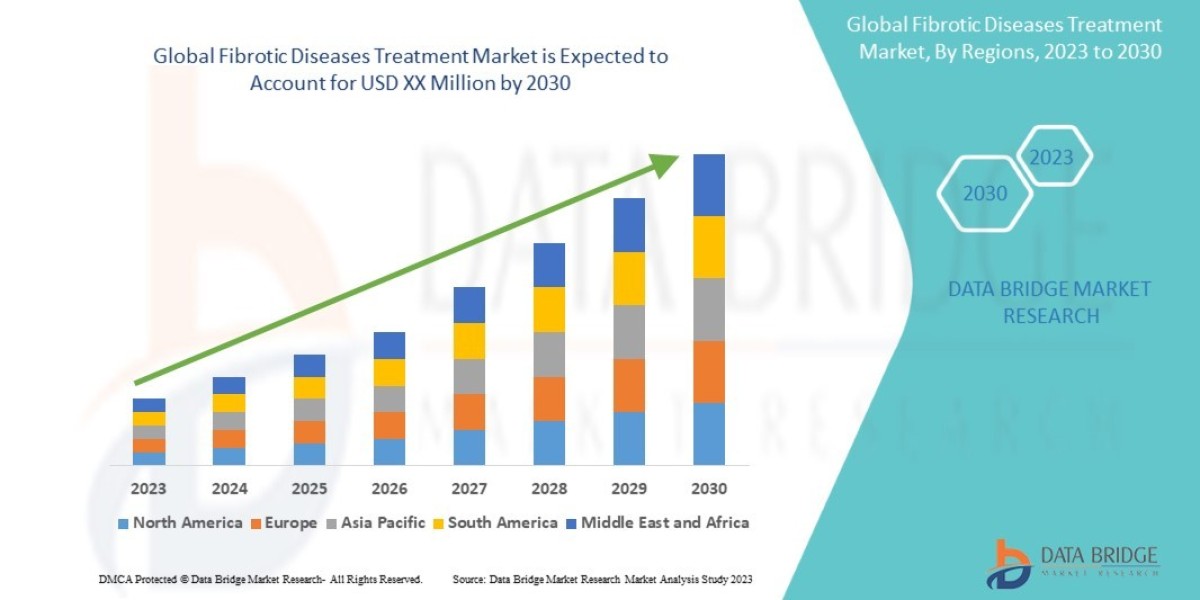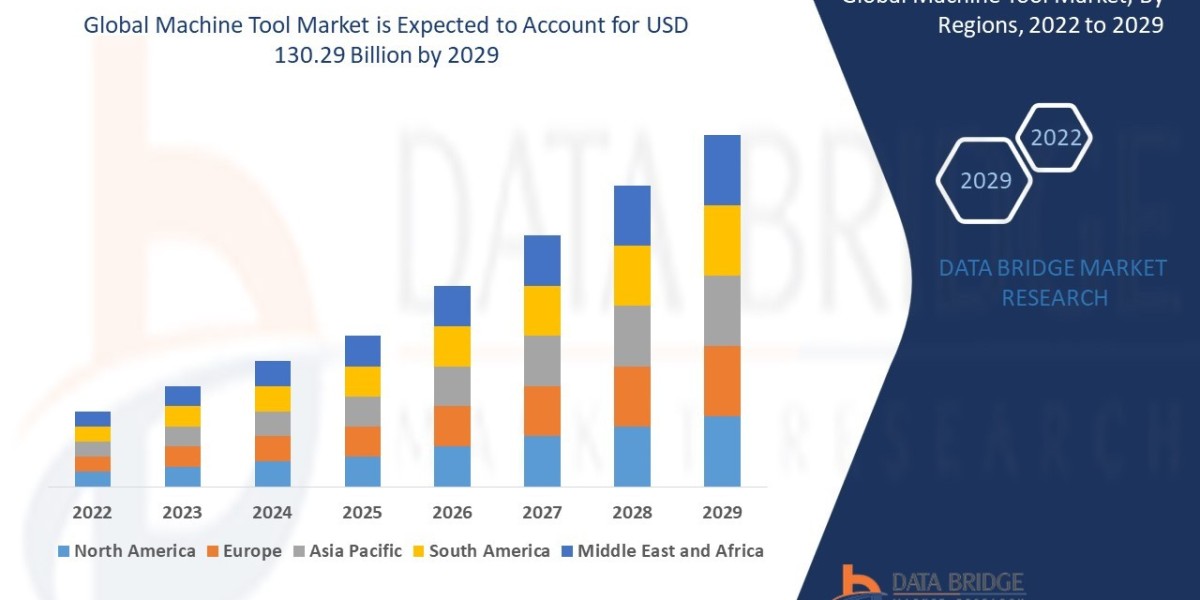The healthcare industry is rapidly transforming with the rise of digitalization, advanced analytics, and the increasing demand for secure, scalable data infrastructure. One standout evolution in this space is the healthcare multi-cloud management market, which was valued at USD 0.984 billion in 2023 and is projected to skyrocket to USD 12.91 billion by 2032, growing at a staggering CAGR of 30.93% during the forecast period of 2024–2032.
This meteoric growth is underpinned by an urgent need for robust cybersecurity, cloud interoperability, and AI-powered automation in healthcare. As healthcare organizations face rising volumes of sensitive data, the role of multi-cloud management becomes indispensable—not just for operational efficiency, but also for regulatory compliance and data governance.
Get Insights into Market Movements: Request a Sample Report! https://www.snsinsider.com/sample-request/6300
The Rising Need for Multi-Cloud in Healthcare
Multi-cloud management involves using multiple cloud computing services from different vendors to optimize resources, improve resilience, and minimize downtime. In healthcare, this allows organizations to:
- Protect sensitive patient data while complying with global privacy regulations
- Improve access to real-time analytics
- Balance workloads efficiently across different cloud environments
- Integrate systems across public, private, and hybrid cloud platforms
The complexity of healthcare IT systems, combined with strict regulatory frameworks like HIPAA, GDPR, and HITECH, has made multi-cloud infrastructure not just a preference—but a necessity.
Key Market Drivers
- Cybersecurity & Data Governance
With rising cyber threats, healthcare institutions are prioritizing data security. Multi-cloud systems enhance data protection, disaster recovery, and policy management, making them ideal for secure patient data handling.
- Adoption of AI and Machine Learning
Automation powered by AI is revolutionizing multi-cloud environments. It enables:
- Predictive analytics for patient outcomes
- Real-time workload optimization
- Operational efficiencies in clinical workflows
- Increased IT Spending in Healthcare
There's a significant surge in IT expenditure focused on:
- Hybrid cloud infrastructure
- Interoperability tools
- Digital health integration
- Emerging Technologies
Technologies like edge computing and blockchain are reshaping how healthcare data is managed:
- Edge computing enhances real-time processing at data sources
- Blockchain ensures secure, traceable, and immutable data transactions
Opportunities & Challenges
Opportunities:
- Customized cloud solutions tailored to clinical and non-clinical systems
- Telehealth growth necessitating scalable cloud storage
- Expansion in developing countries with growing health-tech infrastructure
- Innovations in cloud-native AI applications for diagnostics and treatment planning
Challenges:
- Integration complexity among multiple cloud vendors
- High implementation and maintenance costs
- Shortage of skilled IT professionals in healthcare
- Evolving regulatory frameworks requiring constant adaptation
Contact Our Analyst to Clarify Any Doubts You May Possess! https://www.snsinsider.com/request-analyst/6300
Market Segmentation Insights
By Component
- Solutions: Including Cloud Migration & Integration, Security & Risk Management, Compliance Management, and Disaster Recovery
- Services: Encompassing both Managed and Professional Services
By Deployment Mode
- Public Cloud: Offers scalability and cost-effectiveness
- Private Cloud: Provides control and security
- Hybrid Cloud: The most popular model, combining both public and private capabilities
By Application
- Clinical Information Systems (CIS): Dominated by Imaging Solutions, EHRs, and Telemedicine platforms
- Non-Clinical Information Systems (NCIS): Includes Revenue Cycle Management, Supply Chain, and Workforce Management
By End User
- Healthcare Providers: Hospitals, clinics, and diagnostics centers using cloud for operational and clinical data
- Healthcare Payers: Insurance firms leveraging multi-cloud for claim processing, fraud detection, and customer management
Regional Analysis
North America: Market Leader
North America dominated the Healthcare Multi-Cloud Management Market in 2023, owing to:
- Strict regulatory compliance (HIPAA, HITECH)
- Massive healthcare IT budgets
- Adoption of AI-enabled health systems
The U.S. leads the charge with significant collaboration between technology vendors (AWS, Microsoft Azure, Google Cloud) and hospitals to develop secure, interoperable cloud platforms.
Asia-Pacific: Fastest Growing Region
The APAC region is witnessing the fastest growth, driven by:
- Government-led digital health missions like India’s ABDM
- Surge in AI adoption and telemedicine
- Expanding cloud capabilities in China, Japan, and South Korea
This region is quickly becoming a lucrative hub for international cloud service providers aiming to scale their healthcare offerings.
Regulatory & Compliance Impact
Compliance continues to be a cornerstone of multi-cloud management in healthcare. Regulations such as:
- HIPAA (U.S.)
- GDPR (EU)
- Personal Data Protection Bill (India)
are pushing organizations to adopt secure-by-design cloud frameworks. Multi-cloud strategies are often developed specifically to align with regional and international data protection laws, ensuring operational legality and ethical data handling.
Competitive Landscape
Key players in the global healthcare multi-cloud management market include:
- IBM Corporation
- Microsoft Corporation
- VMware Inc.
- Dell Technologies Inc.
- Cloudticity
- Veeva Systems
- athenahealth Inc.
- Rackspace Technology
- Accenture
- BMC Software
- Oracle Corporation
These companies are constantly innovating to deliver healthcare-specific cloud platforms offering tailored analytics, data protection, and system integration capabilities.
Final Thoughts
The Healthcare Multi-Cloud Management Market is poised for explosive growth, revolutionizing how healthcare providers and payers store, access, and manage data. With its promise of enhanced data security, improved patient care, and scalable IT infrastructure, multi-cloud solutions are becoming the backbone of digital healthcare transformation.
As stakeholders across the globe invest in smarter healthcare IT systems, multi-cloud management platforms will continue to evolve, integrating cutting-edge technologies and helping providers stay compliant, agile, and future-ready.








